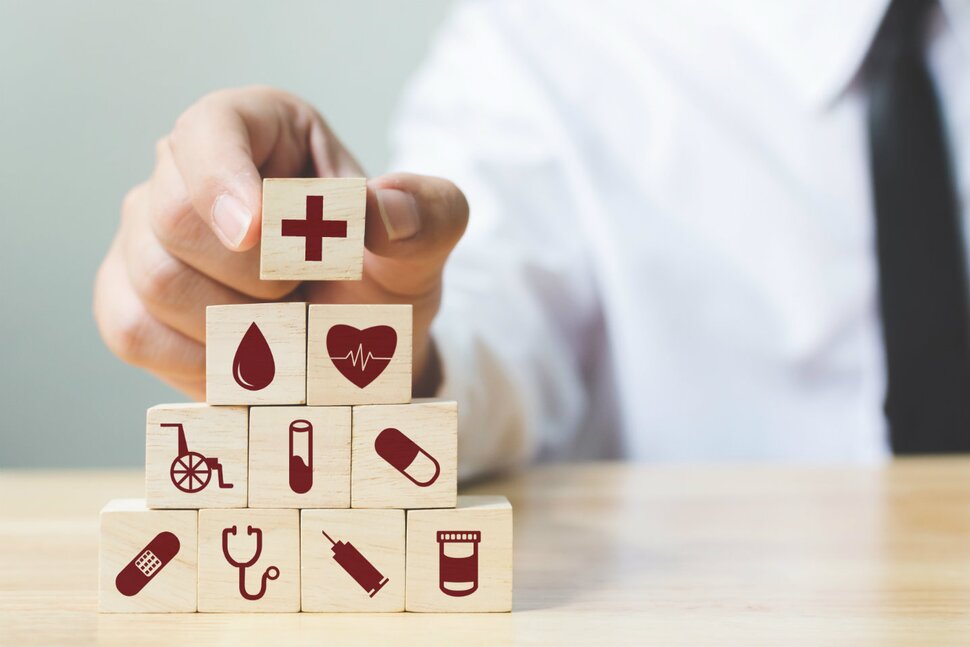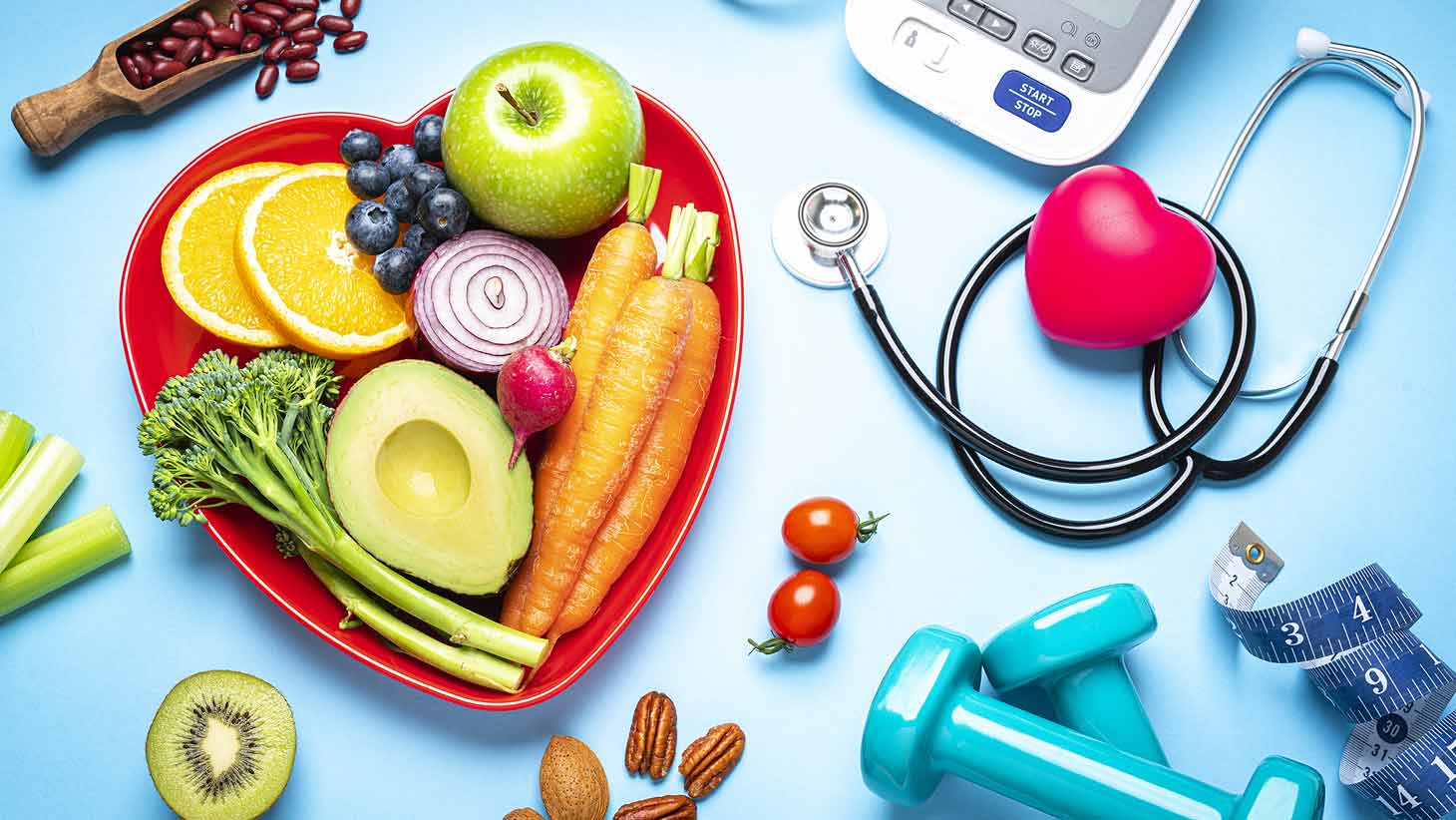
Symptoms of 12 serious diseases and health problems facts

When is a cough “just” a cough, or a headache a symptom to be concerned about? Listed are signs and symptoms that could indicate a serious health condition, and you should see a doctor if you experience any symptoms of concern. Sometimes, a symptom in one part of the body may be a sign of a problem in another part of the body. Moreover, unrelated symptoms that might be minor on their own could be warning signs of a more serious medical disease or condition. Listen to your body, note all symptoms, and share them in detail with your doctor.
- Signs of a heart attack include pain, pressure, squeezing, or feeling of fullness in the center of the chest that lasts more than a few minutes; pain or discomfort in other areas of the upper body; shortness of breath; cold sweat; nausea; or lightheadedness.
- Signs of a stroke include facial drooping, arm weakness, difficulty with speech, rapidly developing dizziness or balance, sudden numbness or weakness, loss of vision, confusion, or severe headache.
- Symptoms of reproductive health problems include bleeding or spotting between periods; itching, burning, or irritation genital area; pain or discomfort during sex; heavy or painful menstrual bleeding; severe pelvic/abdominal pain; unusual vaginal discharge; feeling of fullness in the lower abdomen; and frequent urination or urinary urgency.
- Symptoms of breast problems include nipple discharge, unusual breast tenderness or pain, breast or nipple skin changes, or lump or thickening in or near the breast or in the underarm area.
- Symptoms of lung problems include coughing up blood, shortness of breath, difficulty breathing, chronic cough, repeated bouts of bronchitis or pneumonia, and wheezing.
- Symptoms of the stomach or digestive problems include rectal bleeding, blood in the stool or black stools, changes in bowel habits or not being able to control bowels, constipation, diarrhea, heartburn or acid reflux, or vomiting blood.
- Symptoms of bladder problems include difficult or painful urination, frequent urination, loss of bladder control, blood in urine, waking frequently at night to urinate or wetting the bed at night, or leaking urine.
- Symptoms of skin problems include changes in skin moles, frequent flushing and redness of the face and neck, jaundice, skin lesions that don’t go away or heal, new growths or moles on the skin, and thick, red skin with silvery patches.
- Symptoms of muscle or joint problems include persistent muscle pains and body aches that are persistent, for example, numbness or tingling; pain, tenderness, stiffness, swelling, inflammation, or redness in or around joints; and decreased range of motion or loss of function of any joints or muscles.
- Symptoms of emotional problems include anxiety, depression fatigue, feeling tense, flashbacks and nightmares, disinterest in regular activities, suicidal thoughts, hallucinations, or delusions.
- Symptoms of headache problems (not including everyday tension headaches) include headaches that come on suddenly, “the worst headache of your life,” and headaches associated with severe dizziness, nausea, vomiting, and inability to walk.
- Symptoms of eating or weight problems include extreme thirst, dehydration, excessive hunger, losing weight without trying, binging, vomiting, starvation, preoccupation with food and weight, distorted body image, compulsive exercise, abuse of laxatives or diet pills, and depression.
:max_bytes(150000):strip_icc()/respiratory-diseases-5206842_final_2-d9513b617d8b42ffb3ab821c5cbb5a99.jpg)
15 Signs and Symptoms of a Heart Attack
Heart attacks in real life often are not as dramatic as they appear to be in movies. Some early symptoms of a heart attack can happen a month or so before the heart attack.
Before a heart attack, you may experience these symptoms:
- Unusual fatigue/low energy
- Trouble sleeping
- Problems breathing
- Indigestion
- Anxiety
- Back or abdominal pain
During a heart attack, these symptoms may occur:
- Pain, uncomfortable pressure, squeezing, or feeling of fullness in the center of the chest that lasts more than a few minutes, or goes away and comes back
- Pain or discomfort in other areas of the upper body, including the arms, back, neck, jaw, or stomach
- Shortness of breath, with or without chest discomfort
Other symptoms are:
- Breaking out in a cold sweat
- Nausea and/or vomiting,
- Lightheadedness
Women also experience chest pain or discomfort but also are more likely than men to experience
- shortness of breath,
- nausea/vomiting, and
- back or jaw pain.
If you have any of the above symptoms, go to an emergency room right away or call 911.

10 Signs and Symptoms of a Stroke
Signs of a stroke happen suddenly and are different from signs of a heart attack. The American Stroke Association recommends remembering the mnemonic F.A.S.T. to spot a stroke and know when to call 9-1-1 for help:
- Face drooping
- Arm weakness
- Speech difficulty
- Time to call 9-1-1
Other signs and symptoms of stroke to watch for include:
- Sudden or rapidly developing problems with sight
- Sudden or rapidly developing problems with dizziness, balance, and coordination
- Sudden numbness or weakness in the face, arms, or legs
- Sudden confusion or trouble understanding
- Sudden inability to say the right word, incoherent speech, or slurred speech
- Severe headache with no known cause
If you have any of the above symptoms, go to an emergency room right away or call 911.

5 Signs and Symptoms of Breast Disease
A woman has a 1 in 8 chance of developing breast cancer in her lifetime. However, though many breast problems are not cancer-related, they do require prompt evaluation.
Signs and symptoms of breast problems include:
- Nipple discharge (could be milky, yellowish, greenish, or brownish)
- Unusual breast tenderness or pain
- Breast or nipple skin changes, such as ridges, dimpling, pitting, swelling, redness, or scaling
- Lump or thickening in or near the breast or underarm area
- Inverted nipples
If you experience any of these breast problem symptoms, see a healthcare professional for evaluation.

7 Signs and Symptoms of Lung Disease
Lung cancer, chronic obstructive pulmonary disease (COPD), emphysema, asthma, and other diseases of the lungs can be serious and should be addressed.
Symptoms of serious lung problems include:
- Coughing up blood
- Severe wheezing
- Difficulty breathing
If you have any of the above symptoms, go to an emergency room right away or call 911.
Other symptoms of lung problems include:
- Persistent, chronic cough that gets worse over time
- Repeated bouts of bronchitis or pneumonia
- Chronic mucus production (phlegm)
- Chronic chest pain, especially discomfort which gets worse when you inhale or cough
Contact a health-care professional to discuss your symptoms.
7 Signs and Symptoms of Bladder Problems
Bladder problems can be frustrating and embarrassing, and are not something you should simply “learn to live with,” as they can be signs of a more serious condition. See a health-care professional if you experience any of the following symptoms of bladder problems:
- Difficult or painful urination
- Frequent urination (more than 8 times daily)
- Loss of bladder control
- Blood in the urine
- Feeling the urge to urinate when the bladder is empty
- Waking frequently at night to urinate or wetting the bed at night
- Leaking urine when you laugh, cough, sneeze, or exercise
Urologists are doctors that specialize in the function and diseases of the bladder.
12 Signs and Symptoms of Mental Illness or Emotional Problems

Note: These symptoms can have a physical cause and are usually treatable.
- Anxiety and constant worry
- Feeling depressed, empty, sad all the time, or worthless
- Extreme fatigue even when rested
- Extreme tension that can’t be explained
- Flashbacks and nightmares about traumatic events
- No interest in getting out of bed or doing regular activities, including eating or having sex
- Thoughts about suicide and death
- Thoughts of killing others
- Seeing or hearing things that aren’t there (hallucinations)
- Seeing things differently from what they are (delusions)
- “Baby blues” that haven’t gone away two weeks after giving birth and seem to get worse over time
- Thoughts about harming yourself or your baby after giving birth
If you feel suicidal or homicidal, seek medical treatment immediately. If you experience any other mental or emotional problems, you may be referred to a psychiatrist, a doctor who specializes in mental illness, and/or a psychologist, who is a counselor who can help you talk about your problems.









:max_bytes(150000):strip_icc()/jennifer-aniston-everything-cut-GettyImages-2171590896-9268877bc6a44d4f9caf397e9172ba89.jpg?w=1200&resize=1200,0&ssl=1)






















:max_bytes(150000):strip_icc():focal(999x0:1001x2)/catherine-ohara-013026-7-4b5b413a646d4f15a1fd15ac8b933811.jpg?w=1200&resize=1200,0&ssl=1)








